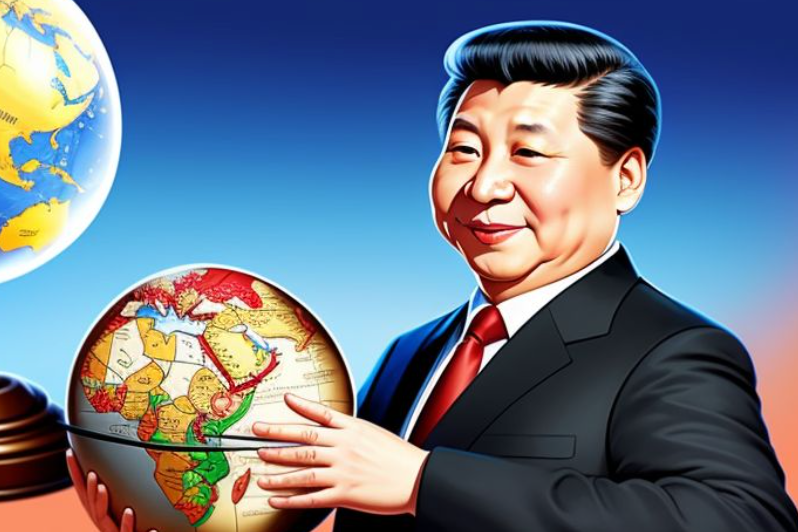# Chinese Teapots Start Buying Crude for Two Refineries
$SINO $BRENT #ChinaEconomy #OilAndGas #GlobalTrade #EnergyMarkets #Refining #Petrochemicals #BrazilCrude #AngolaOil #MarketTrends #InvestmentOpportunities
Why Are Chinese Teapots Snapping Up Crude? Discover What It Means for Global Markets!
In recent movements within the oil sector, two independent Chinese refineries have initiated the acquisition of crude oil, marking a strategic pivot in their operations. This development comes following their recent purchase of two bankrupt facilities previously owned by the now-defunct Sinochem Group. This latest transaction involves the procurement of a significant 4 million barrels of crude oil sourced from Brazil and Angola, set for delivery this November.
Strategic Acquisitions and Market Dynamics
The entities in focus, Qicheng Petrochemical and Qirun Petrochemical, have demonstrated a keen strategic intent by stepping into the gap left by Sinochem Group. By acquiring these refineries, they are not only expanding their operational base but are also strategically positioning themselves within the global oil market dynamics. This move is particularly noteworthy as it underlines a shift in resource control from state-owned enterprises to more nimble, market-responsive independent operators.
Impact on Global Oil Prices
The entrance of these “teapot” refineries—smaller, independent operations—into the market has potential ripple effects on global oil prices. Historically, such moves have led to increased competition and fluctuations in oil pricing, given the additional volumes entering the market. Moreover, the choice of Brazil and Angola as source countries could signal a diversifying trend among Chinese refiners away from their traditional suppliers.
Broader Economic Implications
This strategic pivot by Qicheng and Qirun is reflective of broader economic trends within China. As the country continues to navigate post-pandemic economic terrain, such maneuvers are indicative of a deeper recalibration of industrial strategies. This not only affects the oil industry but also has implications for global economic alignments and trade flows.
Looking Ahead: Opportunities and Challenges
As these developments unfold, there will be a myriad of opportunities and challenges for market participants. Investors and market analysts will need to keep a close watch on how these changes affect global supply chains and pricing structures. Furthermore, the adaptability of these refineries to meet environmental standards and shift towards more sustainable operations will also be of critical importance, considering increasing global focus on environmental impact.
In conclusion, the decision by Qicheng and Qirun Petrochemical to commence operations in these acquired facilities is a significant indicator of shifting paradigms in the global oil market. This not only highlights the resilience and strategic thinking on the part of these Chinese teapots but also underscores the interconnected nature of global industries and markets.
For more insights on how such market dynamics are influencing stock movements, explore further articles here.











Comments are closed.